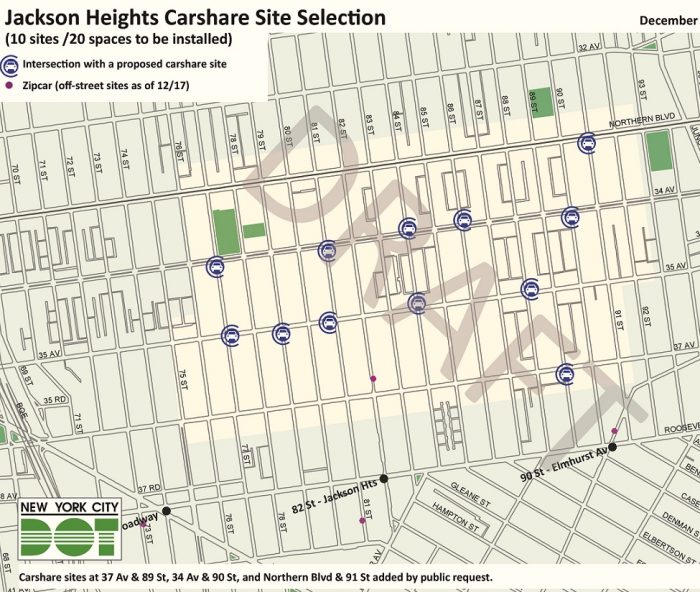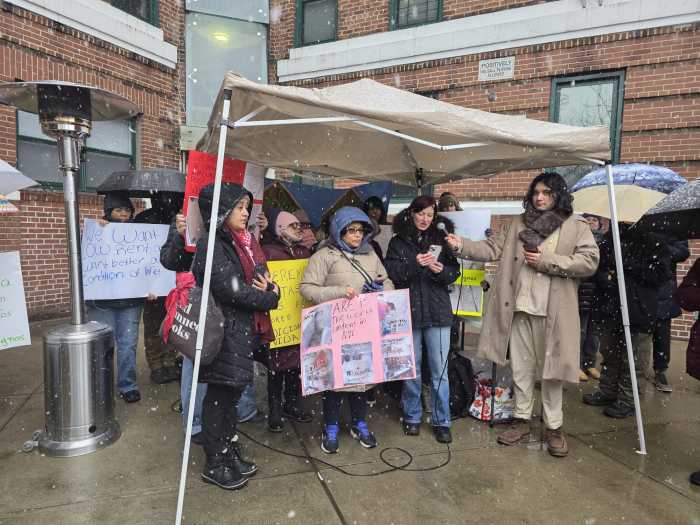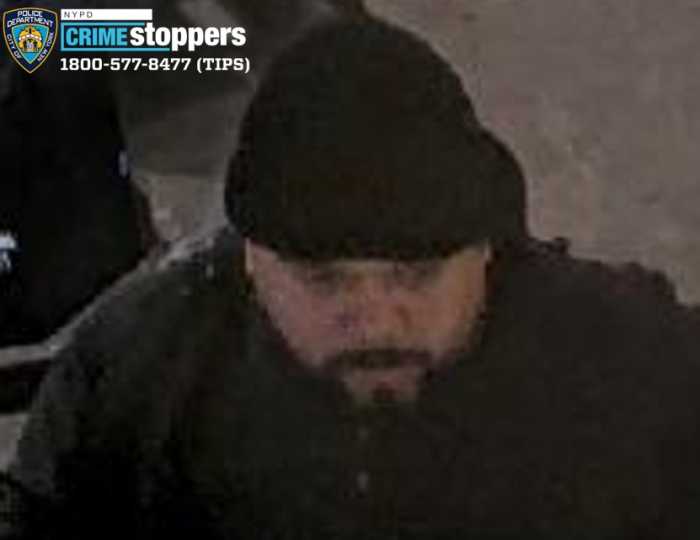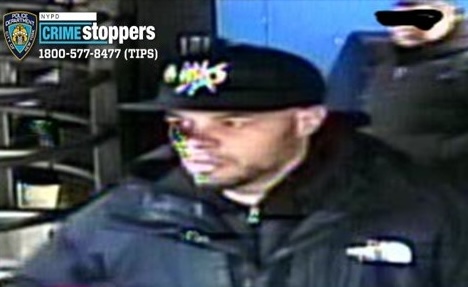
Map as of Dec. 2017 (DOT)
Jan. 30, 2018 By Tara Law
A Department of Transportation pilot program that will designate 20 on-street parking spaces in Jackson Heights for the exclusive use of car share vehicles has set off controversy.
The DOT will install the parking spaces at 10 locations across the neighborhood this spring. The program is intended to offer an alternative to car ownership, which the DOT says could reduce the number of cars in use.
Citywide, 300 on-street parking spaces and 300 in municipal parking facilities were designated for the program.
The spaces were selected, in part, on the basis of feedback from an online public forum.
The plan came under fire in Jackson Heights Jan. 18 after the DOT presented it to Community Board 3. Several board members chastised the DOT for reducing parking in the neighborhood.
The board did not vote on the plan. The DOT said it was there to solicit feedback.
Community Board Chair Philip Papas said after the meeting that parking has been a recurring issue in the neighborhood.
“Any time you talk about taking parking away, the community gets very concerned,” Papas said. “People already feel, generally speaking, there’s a lack of parking in the neighborhood.”
One of the designated parking areas, at 91st Street and Northern Boulevard, concerned some community members because it is near the police station at 92-15 Northern Blvd, Papas said.
The map, which shows the designated locations, does not yet reflect community feedback from the DOT’s meeting with the community board, according to DOT spokesperson Alana Morales. Although the map shows 12 locations, only 10 will be implemented.
“DOT will be considering and incorporating community feedback wherever feasible,” Morales said.
Morales also responded to concerns that the parking spots will not be maintained. Unlike other vehicles, the car share cars do not need to be moved during street cleanings.
The private companies—such as car2go and Zipcar–will be responsible for keeping the spaces clean, Morales said. The DOT will inspect the spaces to make sure the companies are keeping to their agreement. Car share companies will also be required to remove snow from the spaces.
For his part, Papas said he has an “open mind” about the program. He said that he is hopeful that the program will eventually reduce the number of cars in the neighborhood and be helpful to families without vehicles.
“I think if it does work it could be a really good thing,” Papas said of the program.
Papas noted that the program could “actually help with parking, to a degree” if people decide they no longer need a car.
The designated parking spots are located near corners, and will likely be occupied less frequently by parked cars. When empty, the parking spots would increase visibility for cars turning at the intersections and protect pedestrians, said Papas.
“If this was a normal parking spot, it’s very unlikely this would be empty,” he said.


































